
The extensive number of lithium-ion batteries adopted across the globe will eventually fall into the waste stream.
With the rising deployment of electric vehicles, a large number of decommissioned batteries will be available...
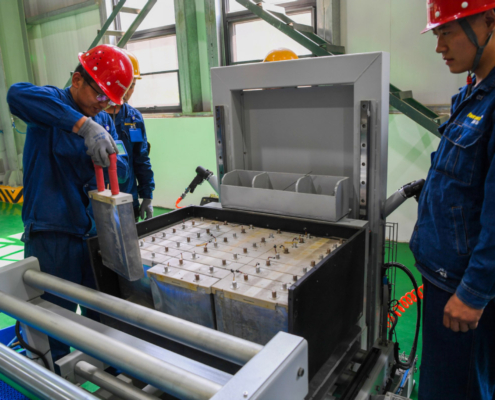
China is the biggest market for electric vehicles and repurposing batteries in the world.
The battery cost has always accounted for a large proportion of EV costs. Taking into account vehicle lifetime, battery life, and other factors, 25 GWh of battery decommissioning will be necessary for China by 2022.
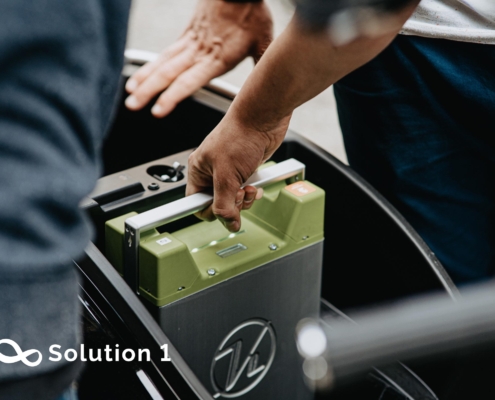
The second use of batteries will reduce the need for raw materials for battery energy storage systems.
One of the ways to ensure Europe’s sustainable future is by improving the electrical grid and buffer capacities...
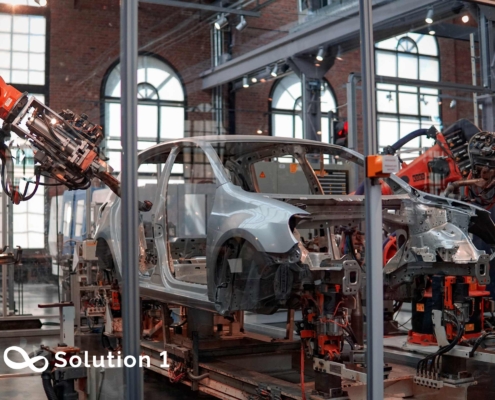
Several big automakers announced their plans of repurposing old batteries.
The idea of giving EV batteries second life dates to the 1990s, but large-scale implementation of this idea did not take place until the early 2010s when a number of projects were launched.
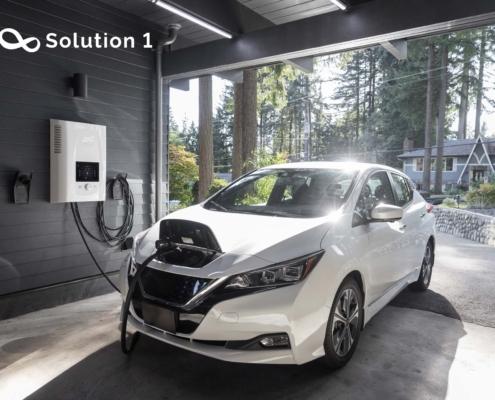
There are multiple potential pathways for EV batteries when they reach their end of life.
The goal to mitigate global climate change has resulted in strong policies aimed at reducing greenhouse gas emissions.
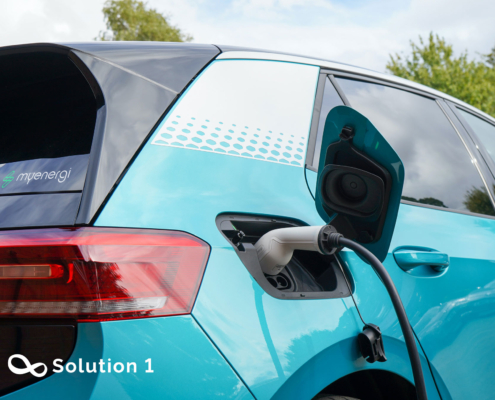
Policies have advocated the development of electric vehicles, which will further stimulate the booming development of battery materials.
In the next decade, we expect an exponential rise in EV sales.
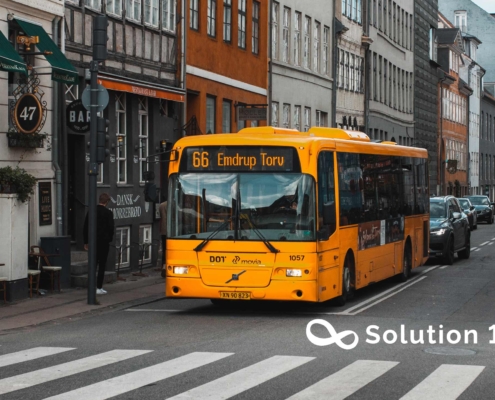
There are great changes in automotive manufacturing, more hi-tech and smarter.
In recent years, there are more changes in vehicle manufacturing, where all companies have advanced in the production of vehicles and they are moving towards a smart vehicle environment.

The effects of ambient temperature change on the efficiency and range of the electric bus in cold climatic zones.
Several cities across the world have sustainable mobility plans to reduce carbon dioxide emissions, pollution, and...

Companies in public transportation face considerable challenges when deploying electric buses for their daily services.
Buses account for only a small number of all the vehicles on city roads, but their emissions take up a...
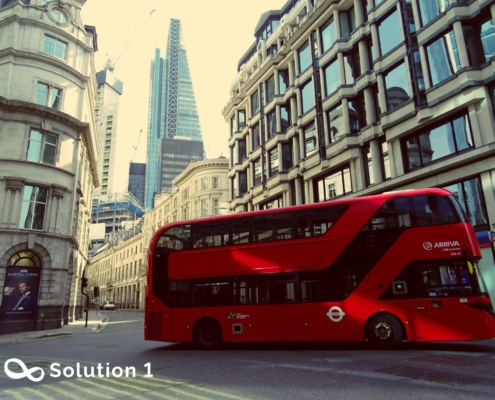
Electric bus adoption has significance in the near future of public transit systems.
91.5% of new buses and coaches registered in the UK in 2020 were diesel or diesel-hybrid. Transport is the largest sector for greenhouse gas emissions in the UK, responsible for approximately 28% of emissions annually.

